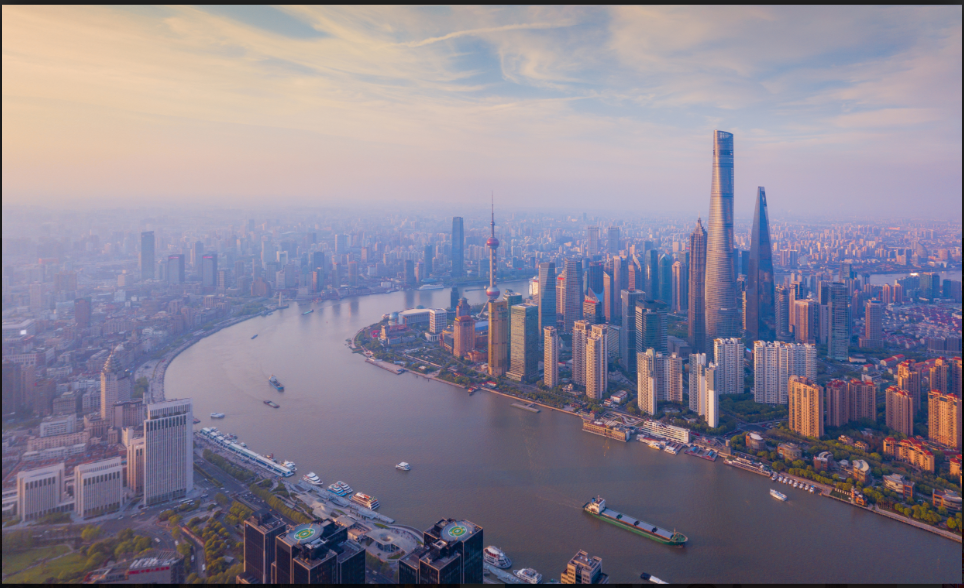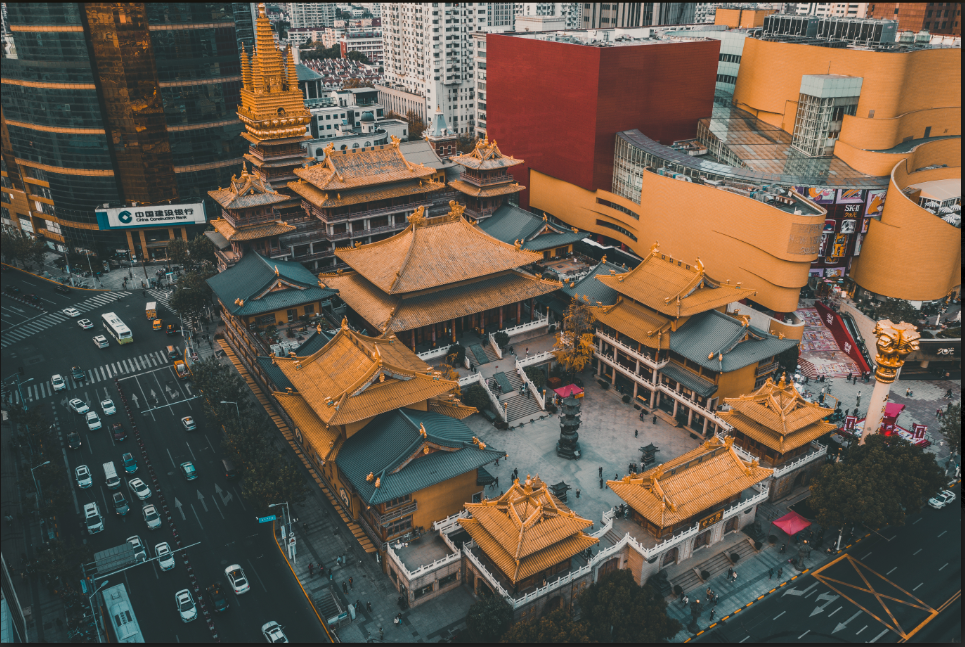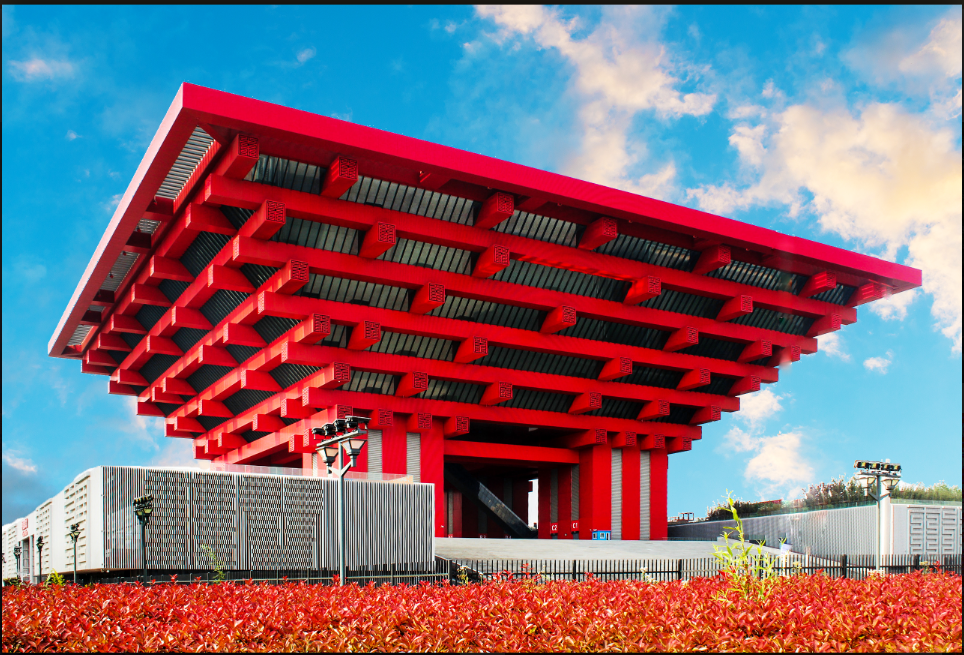
One of the four municipalities under the direct control of the Central Government, Shanghai (called Hu for short) is the largest industrial and commercial city in China and a famous international metropolis. According to the 2020 census, Shanghai has a residential population of 24.89 million, among whom 14.50 million people are in registered house-holds.
Shanghai is a coastal city bordering on East China Sea, located at the south of Changjiang River Estuary and north of Hangzhou Bay. Jiangsu and Zhejiang Provinces are its neighboring provinces to the west. The geographical coordinates of the city are 31°14’ north and 121°29’ east. It covers an area of 6,340.5 square kilometers, including 6,218.65 square kilometers of land, 1,107 square kilometers of water at Changjiang River Estuary and 376 square kilometers mud flats. There are 16 districts, namely, Pudong New Area, Huangpu, Jing'an, Xuhui, Hongkou, Yangpu, Changning, Putuo, Baoshan, Minhang, Jiading, Jinshan, Songjiang, Qingpu, Fengxian, and Chongming.

Shanghai sits on the alluvial plain known as CHANGJIANG RIVER DELTA, whose foundation bed was formed in late Mesozoic Era about 70 million years ago. Changjiang River deposits large amounts of silt in its estuary, the accumulation of which resulted in a sand bank (called Gangshen) 6,000 to 7,000 years ago. Since that time, the coastline has been continuously extending eastward. lt was not until the Tang Dynasty (618—907) that most parts of the modern-day Shanghai city area became dry land. In the Ming Dynasty (1368—1661), land emerged on the eastern bank of HUANGPU RIVER with a coastline which was more or less like that of today.
At Changjiang River Estuary in the north, there are three islands: Chongming, Changxing and Hengsha. The 1,267-square-kilometer CHONGMING ISLAND is the third largest island in China. In 1996, with a new island called Jiuduansha taking shape in the estuary, the number of islands under Shanghai's jurisdiction was 14.

Situated in the subtropical zone and the East Asian monsoon belt, Shanghai as a coastal city in medium latitudes has a mild and moist di-mate: it has plenty of rain and experiences four distinct seasons. It has an average annual temperature of 16.1 degrees Celsius, a yearly rainfall 1,164.5 millimeters and a frost-free period of 222 to 235 days per year.
Shanghai is interlaced with waterways. Huangpu River, the largest river in the area, has three major sources, namely, Xietang, Yuanxiejing and Damaogang. They join at Mishidu Ferry Crossing, Songjiang District, to form the main waterway. The main waterway is 82.5 kilometers long: it meanders through the city, joins WUSONG RIVER, and then enters the sea at Wusongkou. The 125-kilometer Wusong River rises in Guajingkou at Taihu Lake, 54 kilometers of whose overall length lies in Shanghai area. It joins Huangpu River at HUANGPU PARK in the downtown area. The marshland in the west hosts most of the lakes of the city, among which DIANSHAN LAKE is the largest, covering 62 square kilometers.

Shanghai is located at the tip of the richly endowed Changjiang River Delta. Changjiang River Delta covers an area of over 1.8 million square kilometers, making up one fifth of China's total territory, where 440 million people live. This area abounds in natural resources and has a long-standing advanced economy, which provides Shanghai with a vast economically developed backyard. Situated in the middle of East China's coastline, Shanghai is a vital communications hub in the Western Pacific Region and an important gateway to the outside world. Situated at the crossroads of Changjiang River and the East China coastal economic belt, Shanghai is geographically privileged by having access to both the vast inland China and the international world.
About Accommodation School Calendar Teachers Language and Character Website
Library Opening of the Party Affairs Opening of the School Affairs
Adress:No.6333, Oriental Beauty Valley Avenue, Fengxian District, Shanghai 201400, China
Tel:+86-21-64161789
CopyRights Reserved by Shanghai Business School